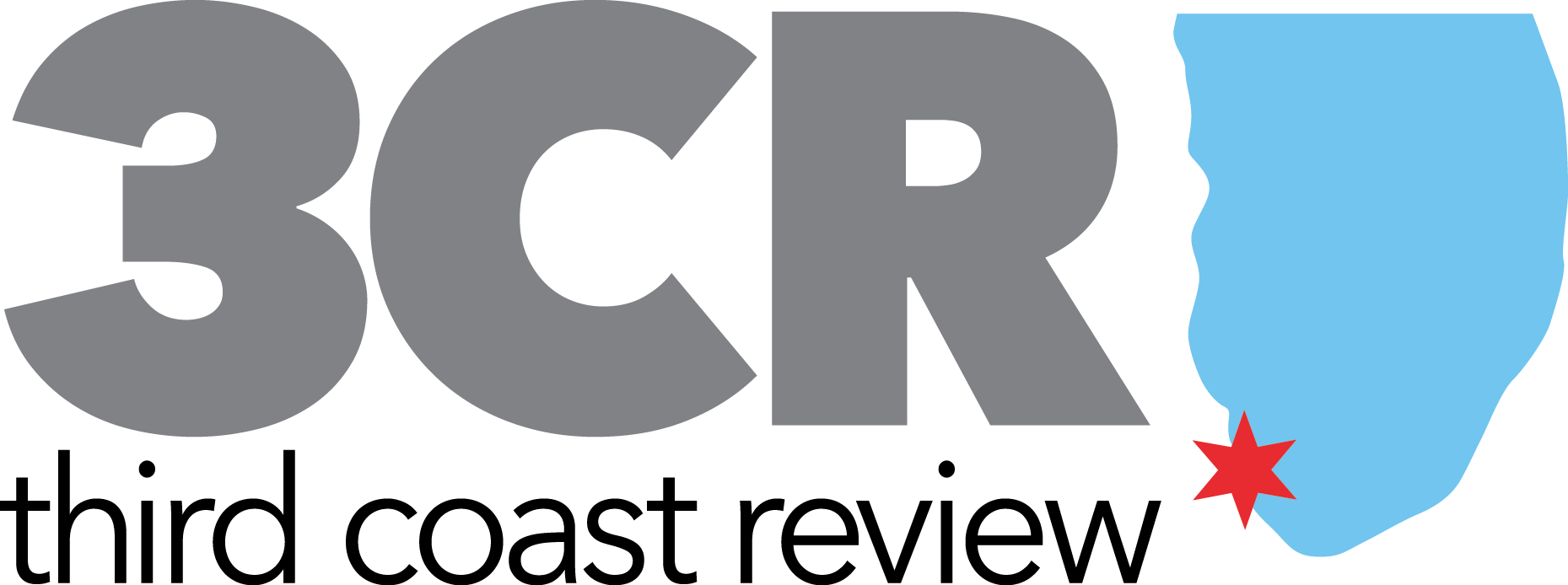Third Coast Review: An Evening of Amazonian Beauty with Third Coast Percussion

Published on September 15, 2022
by Kathy D. Hey | Share this post!
“It is worth your time to catch this group in concert.”
Philip Glass is considered one of the greatest living composers of the 20th and 21st centuries. His spare and layered compositions can be interpreted in many ways other than as written, and that is the beauty of his music. Third Coast Percussion brings even more layers to Glass’ Aguas de Amazonia-Waters of the Amazon suite. The quartet consists of Sean Connors, Robert Dillon, Peter Martin, and David Skidmore, all percussionists who call Chicago home. Each of these musicians brought an exquisite sense of joy to their performance of a concert of Philip Glass music.
Third Coast Review has covered TCP extensively in the past but this performance was done in conjunction with a department of the Field Museum. A presentation and discussion with scientists from the Field’s Keller Science Action Center took place before the music. These scientists have been studying the Amazon River, which, while mainly in Brazil, flows through many countries in South America. It enhanced the experience to learn about their work and what makes the Amazon Basin so vital to survival of species known and yet to be discovered.
This ensemble brings an array of instruments that boggle the mind, and each player is an expert on all of them. Percussion instruments are usually played by hand or with mallets. It’s funny to say it, but these guys’ mallets, drumsticks, and hands are kid stuff in comparison with the items they had interspersed about the stage. Right out of the gate, Sean Connors bent notes and created an eerie theremin effect by waving a green plastic cup over one of four vibraphones. I am talking about a cup that would be used in a more upscale game of beer pong. Violin and bass fiddle bows were used inside the tubes on the vibraphone creating an otherworldly sound of strings from a percussion instrument. I am not certain but I saw what looked like pool noodles to give yet another layer to their sound.
Every instrument told a story and added color to the compositions about the many rivers that are veins of the Amazon. The river names are like music: Tiquiê, Xingu, Purus–all with their pronunciation as percussion. A rack of brass hammered cowbells (Gonguê), each with a different sound, were next to a giant timpani drum. Gongs, snares, tambourines, and cymbals were as varied as the beautiful photos from Keller Science Action Center that flashed on the screen during the composition Metamorphosis.
Music can have an emotional impact, and Third Coast Percussion has an evocative and primal sound. I had a deeply emotional reaction to the photos and the music. Such beauty of sound and sight should be taken in with reverence. For a lot of people, music is as much a medicine as any apothecary concoction. I left feeling lighter and appreciative of the music I had experienced. Third Coast Percussion gives a performance that goes beyond academic study of indigenous music and instruments. These guys were having a great time performing and moving between instruments. They played like brothers as well as great friends. This music is both preservation and creation. It is a living soundtrack to the stunning photos from Keller Science Action Center.
The Keller Science Action Center’s main purpose is conservation and raising awareness of how people, animals, and plant life are threatened by deforestation, pollution, and being exposed to the modern world. During the performance, they displayed stunning photos of the people, flora, and fauna of the Amazon–an Eden with nature that most people will never see in person, nor should they. The scientists at Keller take great joy from their work, and it was a gift to have them at the performance. I believe that the Amazon and the rainforests should be approached with the same reverence as Third Coast Percussion approaches their music.
The final piece—Perpetulum was written for Third Coast Percussion by Philip Glass. It was a great finale to the evening and brought the audience to its feet. It was a well-deserved curtain call for Third Coast Percussion. It is worth your time to catch this group in concert. They will be at DePaul University on December 7 performing Rituals and Meditations with new music by Missy Mazzoli, Mark Applebaum, and their own world premiere compositions. If you can’t catch them at DePaul, you can see them on May 2, 2023, at the Harris Theater in Millennium Park.

